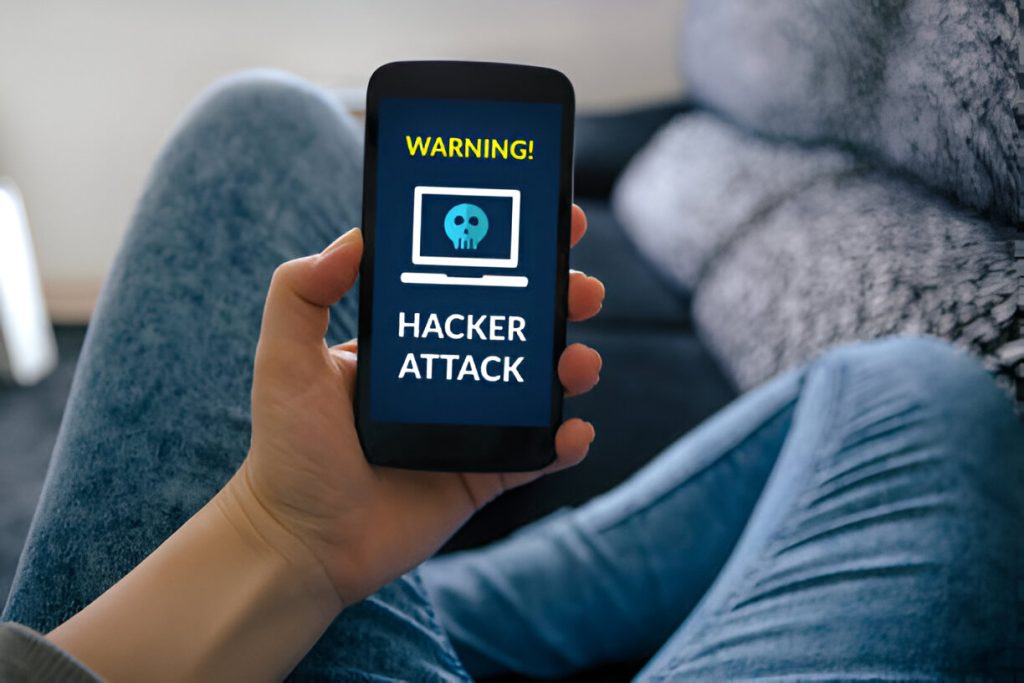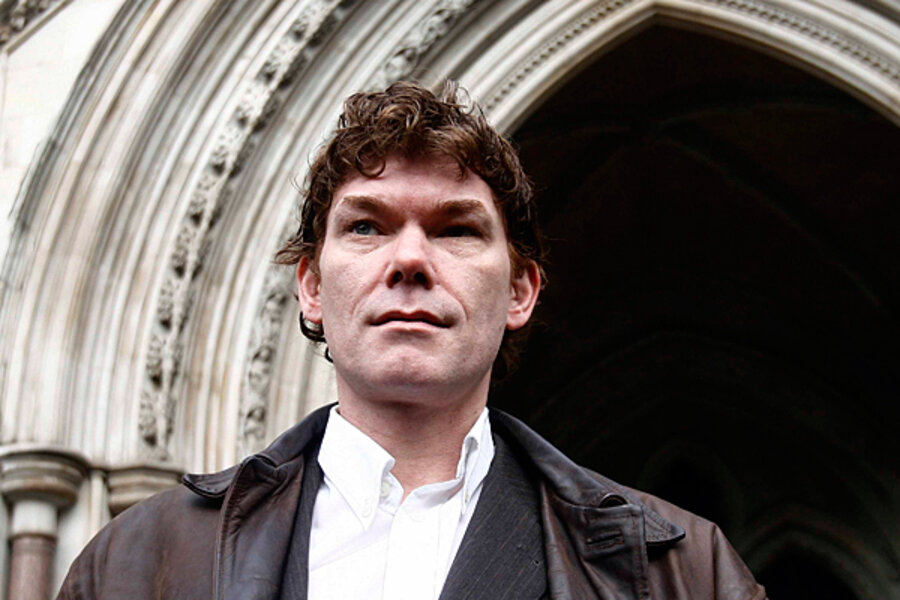Type: Decentralized Global Hacktivist Collective
Known For: Attacking government sites, corporations, extremist groups, and defending internet freedom
Anonymous isn’t a single person. It’s not even a formal group with a leader. Instead, it’s a loosely connected global collective of cyber activists—often referred to as “hacktivists”—who use the power of the internet to fight for causes they believe in.
If you’ve ever seen the Guy Fawkes mask—the one from the movie V for Vendetta—you’ve seen their symbol. And when that mask appears in a video or on a website, it usually means someone is about to be exposed or held accountable.
Where It All Began
Anonymous originated in the early 2000s from online forums like 4chan, where users would post anonymously (hence the name). At first, their actions were more humorous and chaotic—online pranks and “trolling” campaigns. But over time, their mission evolved. They began to target real-world injustice, especially where they saw censorship, abuse of power, or oppression.
Their motto?
“We are Anonymous. We are Legion. We do not forgive. We do not forget. Expect us.”
What Makes Them Different?
What sets Anonymous apart is their structure—or lack thereof.
- No leader
- No headquarters
- No fixed membership
Anyone can act in the name of Anonymous if their cause aligns with its core principles: freedom of information, anti-censorship, and resistance to tyranny.
Because of this, operations can happen from anywhere, anytime, by anyone who wears the digital mask.
Major Operations That Shook the Internet
Anonymous has been involved in dozens of high-profile cyber campaigns. Some of the most famous include:
1. Project Chanology (2008)
Target: Church of Scientology
Anonymous launched this campaign to expose and protest against censorship and abuse by the Church. The operation involved DDoS attacks, prank calls, and sending black faxes to overload their systems.
2. Operation Payback (2010)
Target: Organizations that opposed WikiLeaks
When MasterCard, Visa, and PayPal blocked donations to WikiLeaks, Anonymous responded with DDoS attacks that shut down their websites temporarily.
3. Arab Spring Support (2011)
Target: Government censorship in Tunisia and Egypt
Anonymous played a key role in providing tools and support to activists fighting for freedom during the Arab Spring revolutions.
4. Operation Darknet
Target: Child exploitation networks
Anonymous took down websites and exposed people involved in child pornography rings on the dark web.
5. Operation ISIS (2015)
Target: ISIS propaganda accounts on Twitter
After terrorist attacks in Europe, Anonymous launched an online war to report and shut down thousands of Twitter accounts used by ISIS to spread propaganda.
The Public Debate: Vigilantes or Cyberheroes?
Anonymous walks a very thin line. To some, they are digital Robin Hoods—exposing corrupt institutions and defending human rights. To others, they are cybercriminals—engaging in illegal activities without accountability.
Because their operations often involve DDoS attacks, data leaks, and hacking into private systems, law enforcement agencies across the globe monitor them closely.
Still, they’ve managed to spark conversations and bring visibility to important issues that may have otherwise been ignored.
Their Influence Today
Even though Anonymous has had periods of silence, they never really go away. They’ve made a resurgence during times of political unrest, global protests, and internet censorship. Whenever injustice hits a global nerve, you can almost bet a masked video will show up, promising action.
With no central figure and no clear end, Anonymous remains one of the most mysterious forces on the internet—a ghost-like presence that stands for something bigger than just hacking.
Final Thoughts
The story of Anonymous is less about individuals and more about the power of collective digital resistance. Love them or hate them, they’ve shown how ordinary people with keyboards and conviction can shake the foundations of powerful institutions.
They remind us that in the digital age, freedom, transparency, and accountability aren’t just ideals—they’re battlegrounds.





